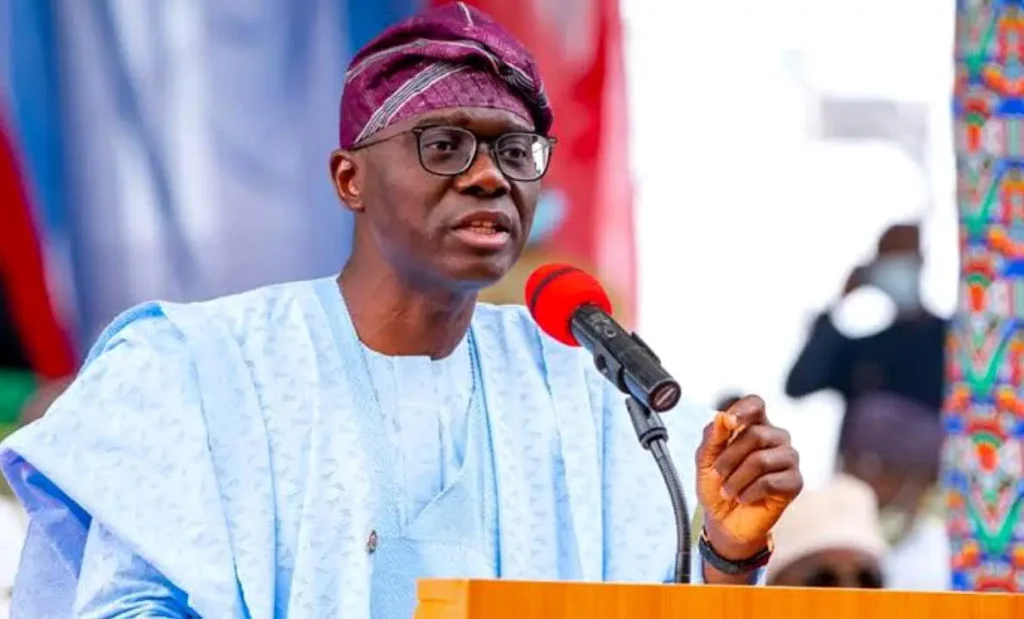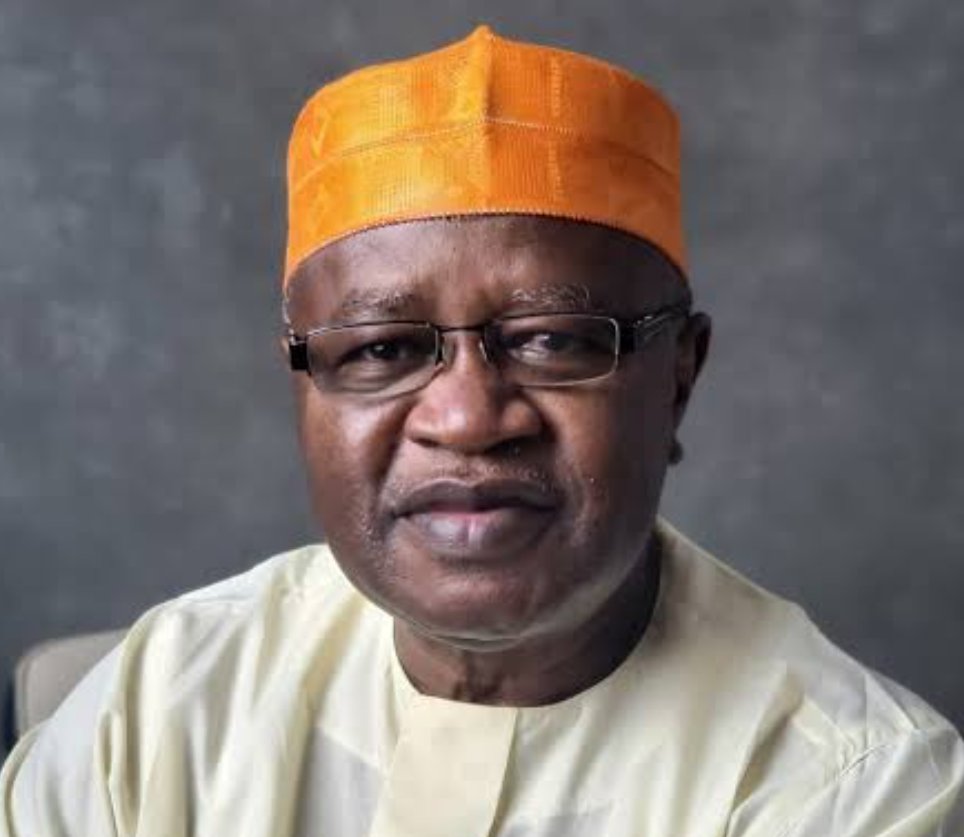Nigeria’s Police Service Commission (PSC) has announced plans to decentralize its recruitment process, granting states greater oversight in a bid to enhance transparency and curb corruption during police hiring. This reform, set to take effect during the 2025 recruitment cycle, follows a landmark meeting with representatives from all 36 states and the Federal Capital Territory (FCT) on Thursday—the first such consultation in the commission’s history.
Under the new system, state-level recruitment desk officers will play pivotal roles in vetting and selecting candidates, while a centralized digital portal will streamline applications and enable real-time oversight by key stakeholders, including the Ministry of Police Affairs, the Nigeria Police Force, and the Federal Character Commission. Ikechukwu Ani, the PSC’s Head of Press and Public Relations, emphasized in a Friday statement that the portal aims to eliminate biases and ensure equitable representation across regions. “This system will prevent corruption and nepotism,” Ani said, adding that the platform would standardize recruitment for both police officers and PSC staff.
The shift responds to longstanding critiques of centralized policing structures in Nigeria, where allegations of favoritism and opaque hiring practices have fueled public distrust. By empowering state officers familiar with local demographics, the PSC hopes to align recruitment with federal diversity mandates while maintaining national standards. The commission also stressed that stakeholder access to the portal would allow cross-verification of applicant data, reducing opportunities for manipulation.
Though the portal’s launch date remains tied to the start of the 2025 recruitment drive, the PSC confirmed the system is fully operational following months of development. Citizens will now apply exclusively through the platform, with state officials managing preliminary screenings—a departure from past cycles dominated by federal oversight. The reforms mirror broader efforts to modernize Nigeria’s security apparatus, which faces scrutiny over accountability and inclusivity.
Analysts note the move could strengthen community policing by ensuring recruits reflect the regions they serve, though challenges such as uneven internet access and interagency coordination persist. The commission reiterated its commitment to “a police force the nation can be proud of,” pledging continuous improvements to uphold professionalism. As Nigeria grapples with complex security challenges, the success of this decentralized model may set precedents for institutional reforms across other sectors.



